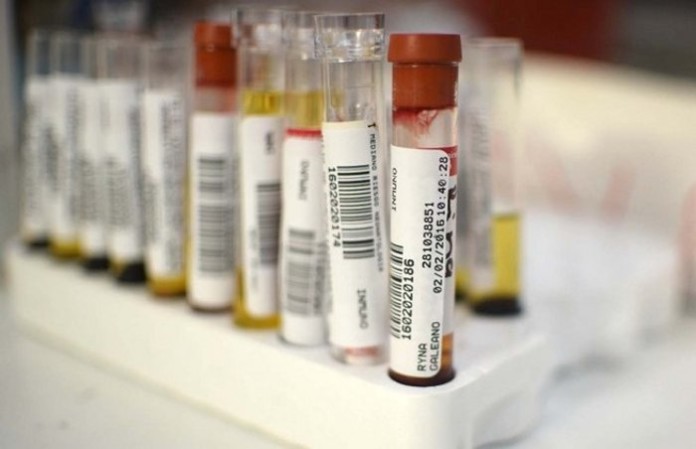CDC director Tom Frieden talks to TIME about what we’re learning in the battle against the Zika virus
As the Zika virus continues to spread through the Americas, health officials in the U.S. are hurrying to learn more about the virus and prepare for cases. Currently, the emergency operations center at the U.S. Centers for Disease Control and Prevention (CDC) is on its highest-level alert for the Zika response — only the fourth time in its history. We spoke to CDC director Dr. Tom Frieden about the ongoing outbreak and what we are learning along the way.
Researchers are working on the connection between Zika and microcephaly. Has a lot been learned in the last month?
Absolutely. Every day we are learning more about this virus and how it is currently behaving. I think we can say that the link between Zika and Guillain-Barré looks strong and would not be at all surprising. We’ve seen similar post-infection complications after many different infections, including some that are quite similar to Zika. The link to microcephaly is also getting stronger. It’s not definitive proof yet. It will take more time, including understanding what happens when Colombia and other countries that have large numbers of infections progress so that the women who were infected in the first trimester deliver. We have another investigation team in Colombia.
We currently have about 500 people working on this response at the CDC. This is a big challenge; it is extraordinarily unusual to identify a new cause of a birth defect, and as far as we know, it’s unprecedented to [find] a mosquito-borne cause of a birth defect. So people are concerned, and we understand that. That’s why we are working hard to get as much information as accurately and quickly as possible. We are also now certain that sexual transmission is possible, and this is why we advise men who have sex with women who are pregnant, if they might have a Zika infection because of their travel or residence, to use a condom.
Source: Time






























